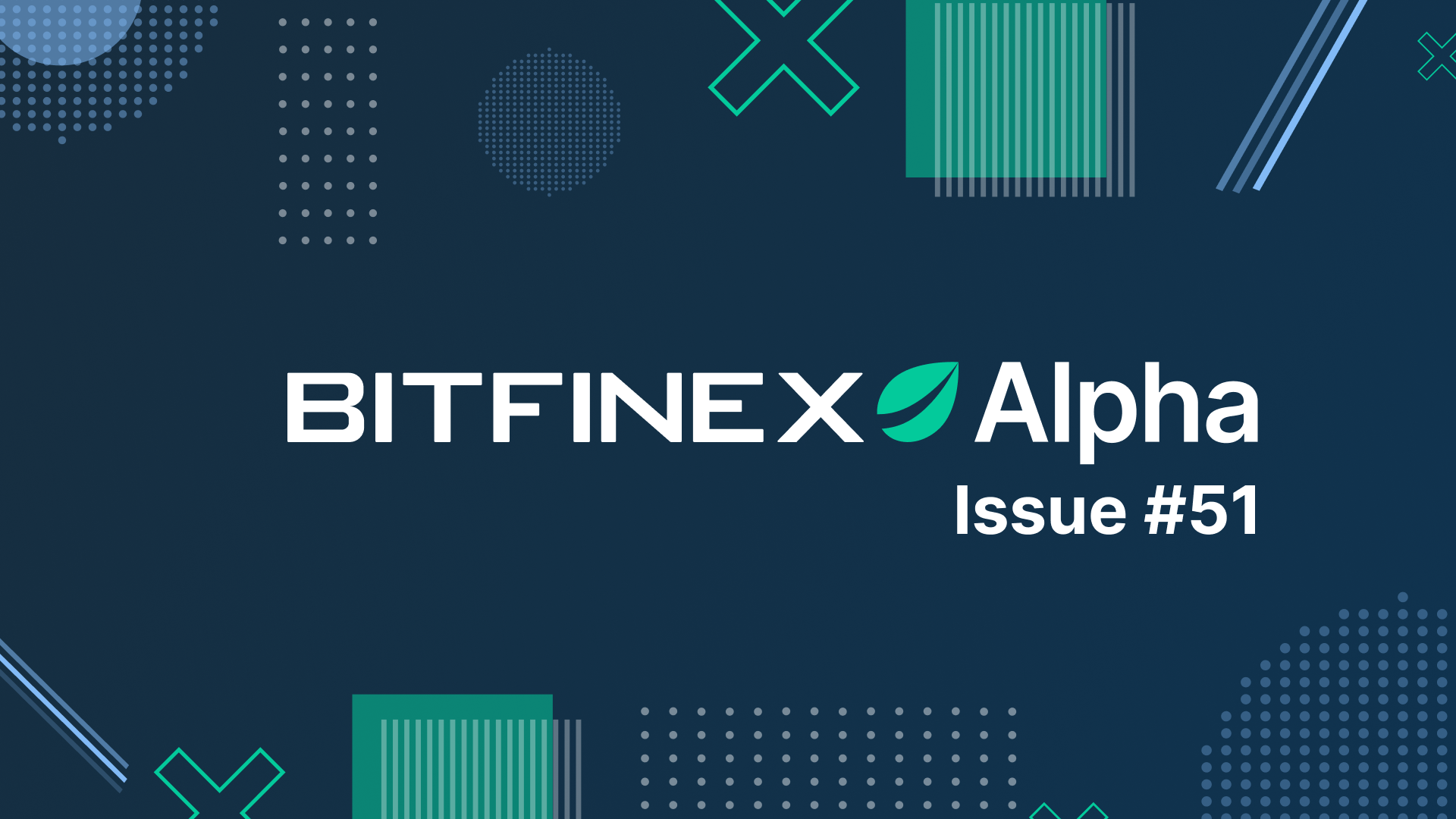
24 Apr Bitfinex Alpha | Signs of Cooling in the Economy, but Long-Term Bitcoin Sentiment Still Positive
The signs of a cooling economy, battered by a year of interest rate increases, are finally taking hold. As an indicator of economic sentiment, housing is a good proxy for the longer-term sentiment. In March, US housing starts fell by 0.8 percent, with multi-family projects experiencing a decline while single-family homes remained steady. Increasing borrowing costs have clearly had an impact on buying patterns, with potential buyers choosing existing homes over new construction.
Similarly, the US job market showed continued signs of cooling, with unemployment claims rising for three consecutive weeks for the first time ever. The increase in continuing claims suggests a longer duration for jobseekers to find new employment, indicating a less abundant job market, and is one of the signs the Fed is looking for to see if it’s tightening monetary policy regime is having an impact.
The US Conference Board’s Leading Economic Index also fell for the 12th consecutive month, signalling a potential recession later in 2023. Historically, a decline in the LEI has preceded recessions, but it should be noted that the LEI has dipped below the six-month moving average in the past without a subsequent recession. Despite these signals though, the S&P Global Flash US PMI Composite Output Index showed an improvement in the US economy, with both manufacturing and service sectors experiencing growth in April.
A loosening labour market and slower housing starts, but with growth being seen in the manufacturing and service sectors, might be just the scenario the Fed is looking for to pause rates. Our base case still remains for another 25-bps rise next week, with a pause thereafter.
In the crypto markets, Bitcoin options expiring soon are signalling bearishness, accompanying the recent dip in Bitcoin mining stocks, but this negative sentiment does not appear to be sustained.
The 25-percent delta skew for Bitcoin options expiring in seven days has dropped to around negative 2.86 on April 22nd, indicating a higher demand for bearish put options among investors. However, the 180-day 25-percent delta skew remains considerably elevated, suggesting continued confidence in Bitcoin’s long-term outlook.
Similarly, among the quoted crypto mining stocks, names such as RIOT, HIVE, and HUT have experienced a recent dip, potentially attributed to BTC’s year-to-date price rally and then recent fall. The strong correlation between mining stocks and the BTC price has been evident over the past 30 days, with a correlation of 0.75. The transition of Ethereum to a Proof-Of-Stake (PoS) consensus mechanism has contributed to the closer correlation between mining stocks and BTC prices, given that mining is even more concentrated in BTC.
Another driver of the dip is that Bitcoin mining difficulty has now reached an all-time high of 48.71T, bringing the future profitability of mining into question. High mining difficulty makes it more challenging for miners to find a new block, which could potentially lower miner revenue further.
Against this backdrop of economic data and crypto market sentiment, we also saw in the last week the US Securities and Exchange Commission facing questioning from members of Congress over its enforcement actions against digital asset firms, its rulemaking agenda, and its role in shaping the regulatory landscape for the securities industry. House Financial Services Committee Chairman Patrick McHenry criticized SEC Chair Gary Gensler for his regulation by enforcement approach to the digital asset ecosystem, and overly aggressive rulemaking agenda, among other issues.
As this was taking place, the SEC charged Bittrex and its former CEO, William Shihara, with operating an unregistered national securities exchange, broker, and clearing agency. The SEC’s complaint claims that Bittrex repeatedly chose profits over investor protection and circumvented the registration requirements of the federal securities laws.
Meanwhile, the US House of Representatives indicated its intention to take more steps to create a regulatory framework for stablecoins such as USDC and Tether (USDt). The proposed bill is expected to address concerns related to investor protections, market stability, and financial crime by providing a comprehensive regulatory framework for stablecoins.
The New York Department of Financial Services (NYDFS) also chimed in on the crypto regulatory agenda, announcing rules on how crypto companies will be assessed for supervision-related costs. Companies with a state-issued BitLicense will now need to pay a fee for regulatory costs.
Superintendent Adrienne Harris from the NYDFS also addressed criticism that Signature Bank’s failure was due to its exposure to the crypto industry, blaming contagion from the collapse of Silicon Valley Bank (SVB) and claiming that triggered Signature’s customers, from fiduciary trusts to wholesale food vendors, to withdraw their deposits.
The European Parliament has also passed the Markets in Crypto Act (MiCA), the first set of comprehensive regulations for the cryptocurrency industry. The legislation seeks to reduce risks for consumers buying crypto assets by imposing strict oversight, transparency, and disclosure requirements on cryptocurrency platforms, token issuers, and traders.
In other news, it was also revealed by the data analytics platform Dune that non-fungible token (NFT) marketplaces, including OpenSea and Blur, have experienced a decline in daily users and sales over the last week, attributed to high gas prices and tax season liquidity issues.
There is never a dull moment in crypto. Happy trading!



